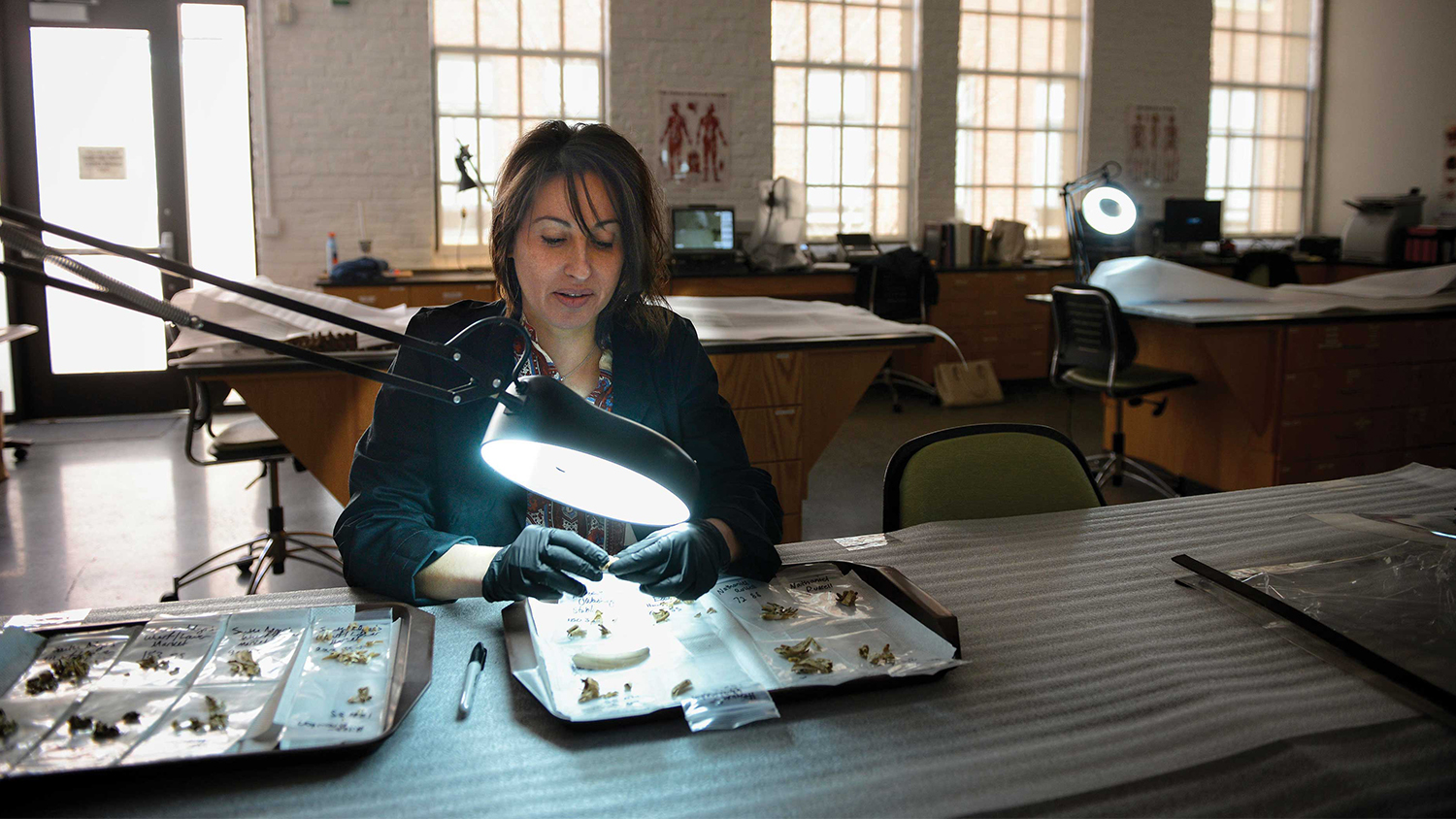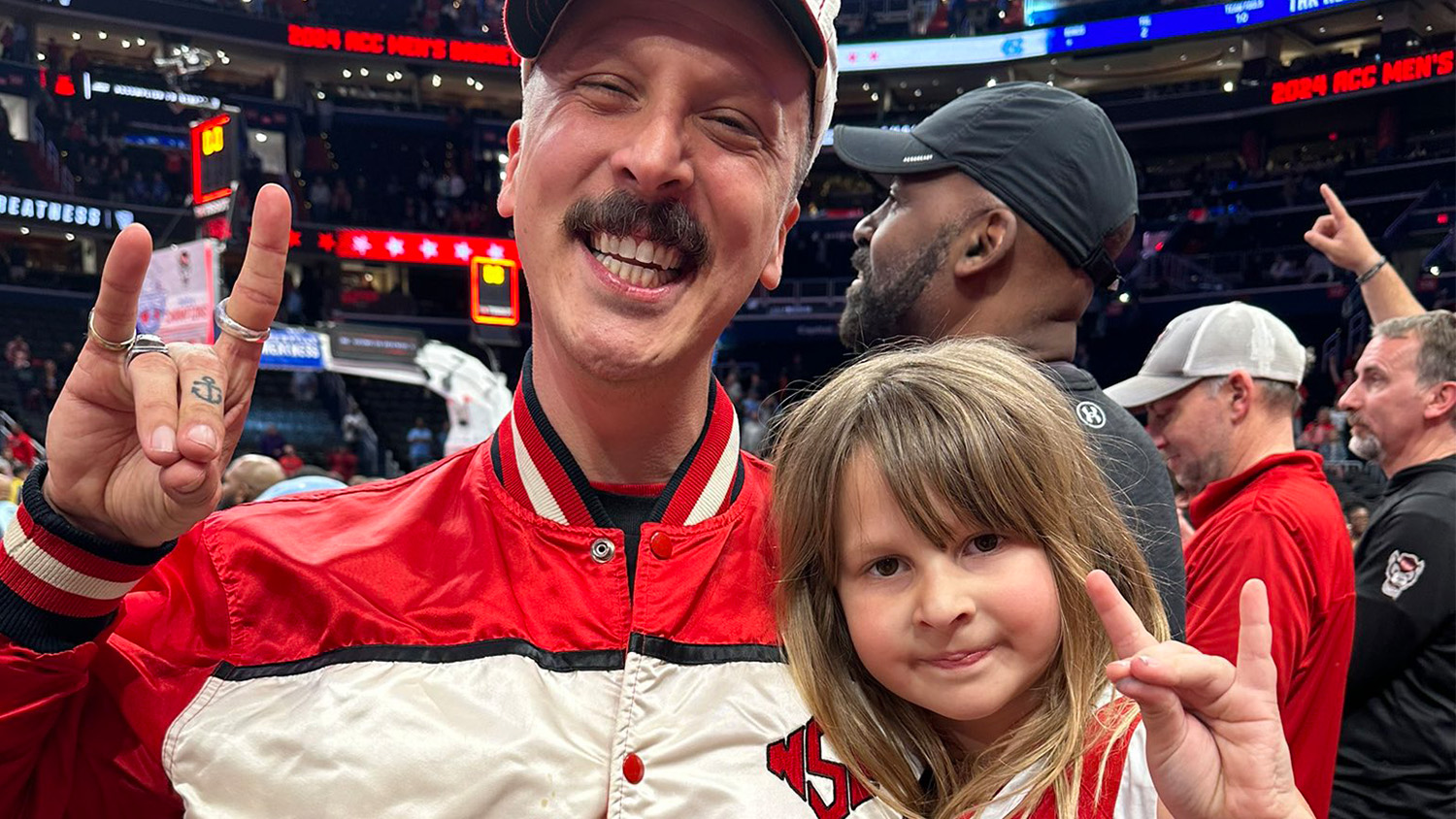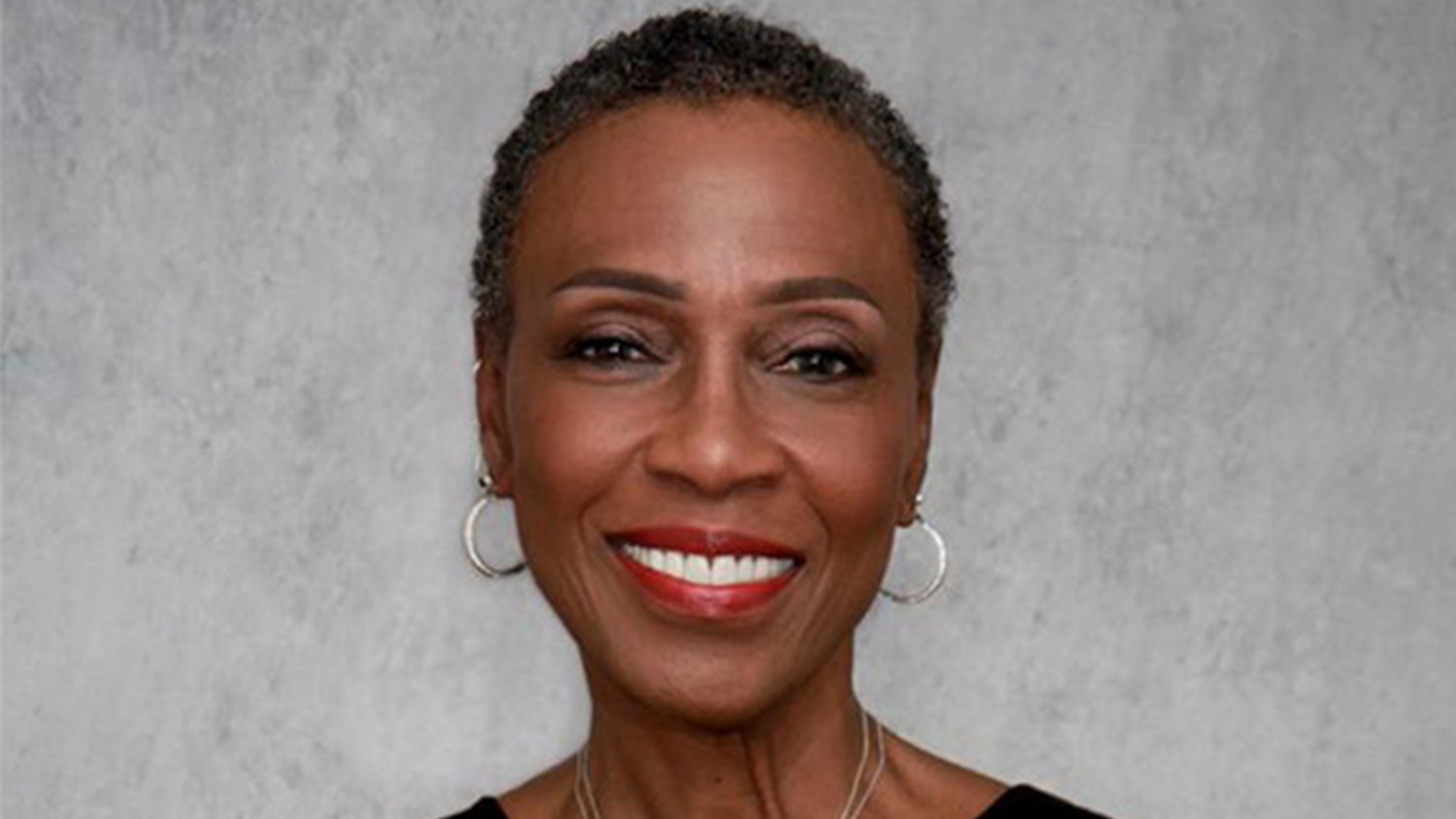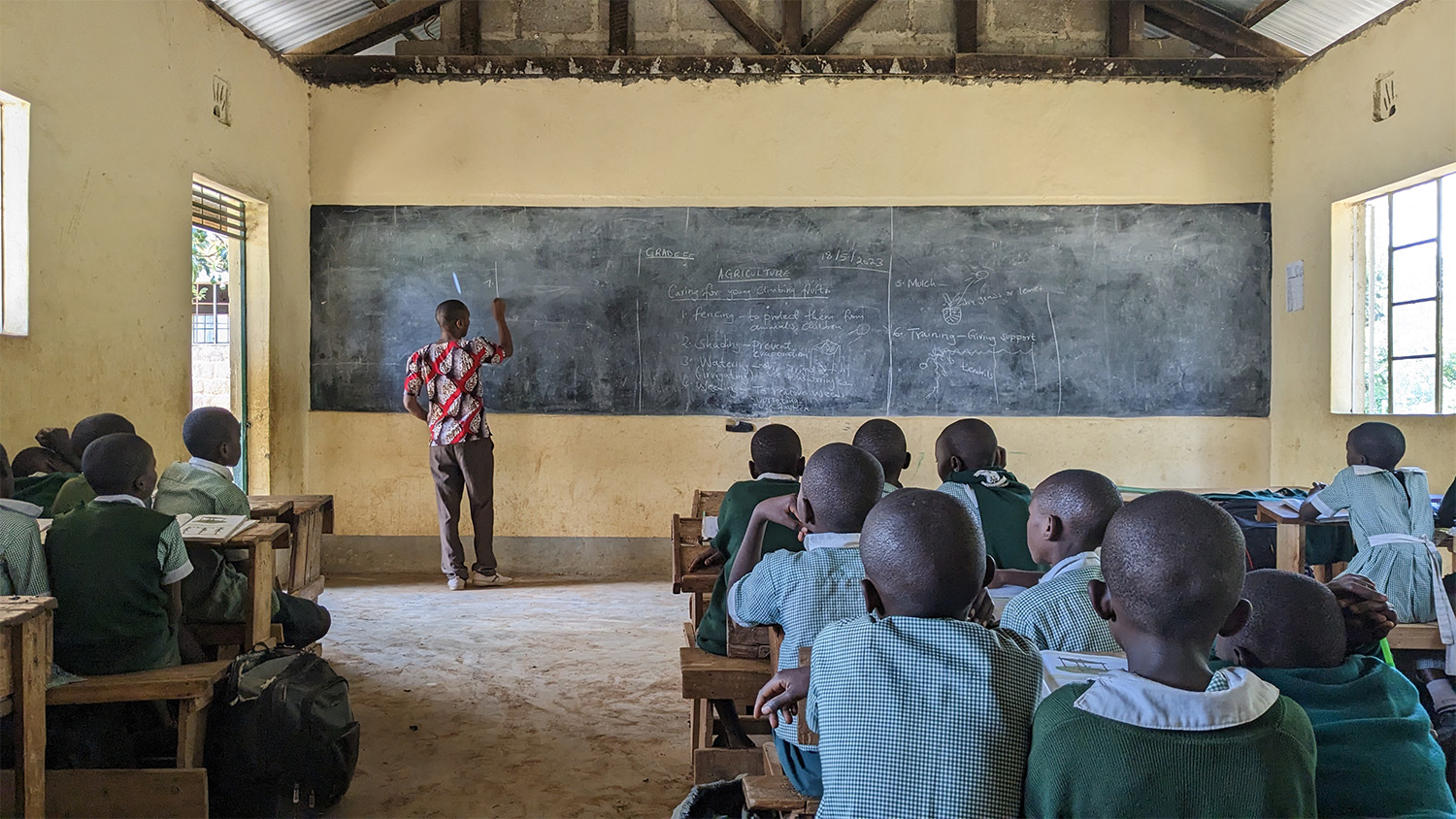Giving Voice to the Dead
A new initiative launched by forensic anthropologist Ann Ross is helping identify those whose stories are unknown.

When asked to sum up why she does the work that she does, forensic anthropologist Ann Ross paraphrases an old axiom often credited to 19th century British Prime Minister William Gladstone. “There’s a saying,” she says, “‘Show us how you treat your dead, and it shows us who you are as a nation.’”
Ross, a professor in NC State’s Department of Biological Sciences, dedicates her work in her Human Identification & Forensic Analysis Laboratory to telling the stories of the unidentified dead who cannot speak for themselves, many of whom she says were poor or marginalized in life. Ross has started the North Carolina Cold Case Initiative-Unidentified Project, a nonprofit helping to give a voice to the dead and resolution to their families.
The project began in 2019 with a grant from the UNC System and aims to determine identities of about a dozen sets of remains. (The state houses 128 sets of remains that are still unidentified, and nationally, the country has around 40,000 unidentified people, Ross says.) In her lab training graduate students, Ross works up a forensic anthropological assessment of the remains including the deceased’s biological sex and age at death. She then passes the report off to her partner in the project to help narrow the search. Leslie Kaufman, Ross’ partner who is a Durham, N.C.-based forensic genealogist, then constructs a family tree of each unidentified decedent based on a genetic profile by uploading that profile to a public genealogy database to see if they can get a match.
It costs about $5,000 to work through one set of remains. And with the UNC System grant running out this year, the project has turned to crowdfunding to continue its work.
Ross says they’ve identified three sets of remains so far: a man in Harnett County, N.C.; a man in Wilkes County, N.C., and a third decedent whose family has just been informed of the findings. “We started this as a pilot project to see if we could do it,” Ross says. “All the way from law enforcement and medical examiners, we want these cases solved. . . . It’s stepping up for those individuals who don’t have a voice. And their families don’t have a voice.”
- Categories:


